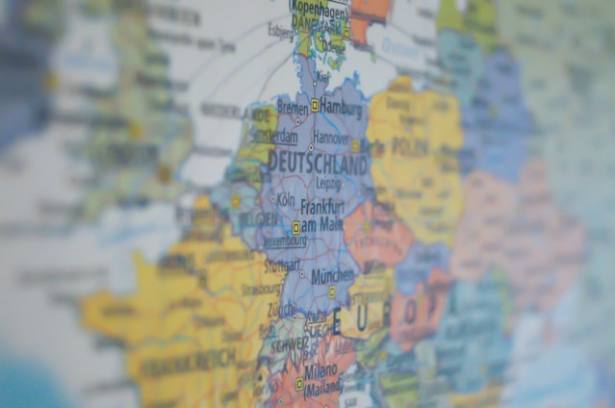He says: “One of our criteria for selecting companies for investment is reduced exposure to economic cycles as we believe this provides the opportunity for greater compounding over time, increases predictability and reduces shorter term volatility – the best of all worlds.
“The staples and healthcare companies described above have these attributes. We also find that the high-quality industrials we research aim for reduced economic sensitivity through being asset-light and seeking ancillary recurring revenues such as long-term maintenance contracts. As such, we believe European companies are perhaps the greatest source of defensive stability.”
Sam Morse, who runs the Fidelity European Values investment trust, says: “While the European equity market lacks the high-octane growth companies that have driven the US market over recent years (that is, large consumer technology stocks), many of Europe’s largest companies boast very attractive attributes of low volatility growth, stable balance sheets and good dividend yields.
“As the rise of the US equity market has been led over the past decade by the technology sector, we have similarly seen the composition of the European equity market change. Where the region may lack the volume of technology leaders that the US has (although there are some), healthcare and consumer stocks have come to dominate, while the traditional heavyweights of oil and telecommunications have reduced in prominence in the index.
“The shift from highly cyclical sectors towards more stable growth has been a function of the low growth, low interest rate environment. As earnings growth has proven harder to find post-GFC, companies offering solid growth have been rewarded.
“As we look across the market today there are many global, best-in-class companies that are headquartered or listed in Europe, benefiting from the regulatory quality and liquidity the region affords.
“As we think about those factors that offer defensive characteristics in a crisis, it is likely to be names with stable balance sheets, strong franchises and resilient earnings profiles than can weather the storms and emerge stronger.”
David Thorpe is special projects editor at Financial Adviser and FTAdviser








